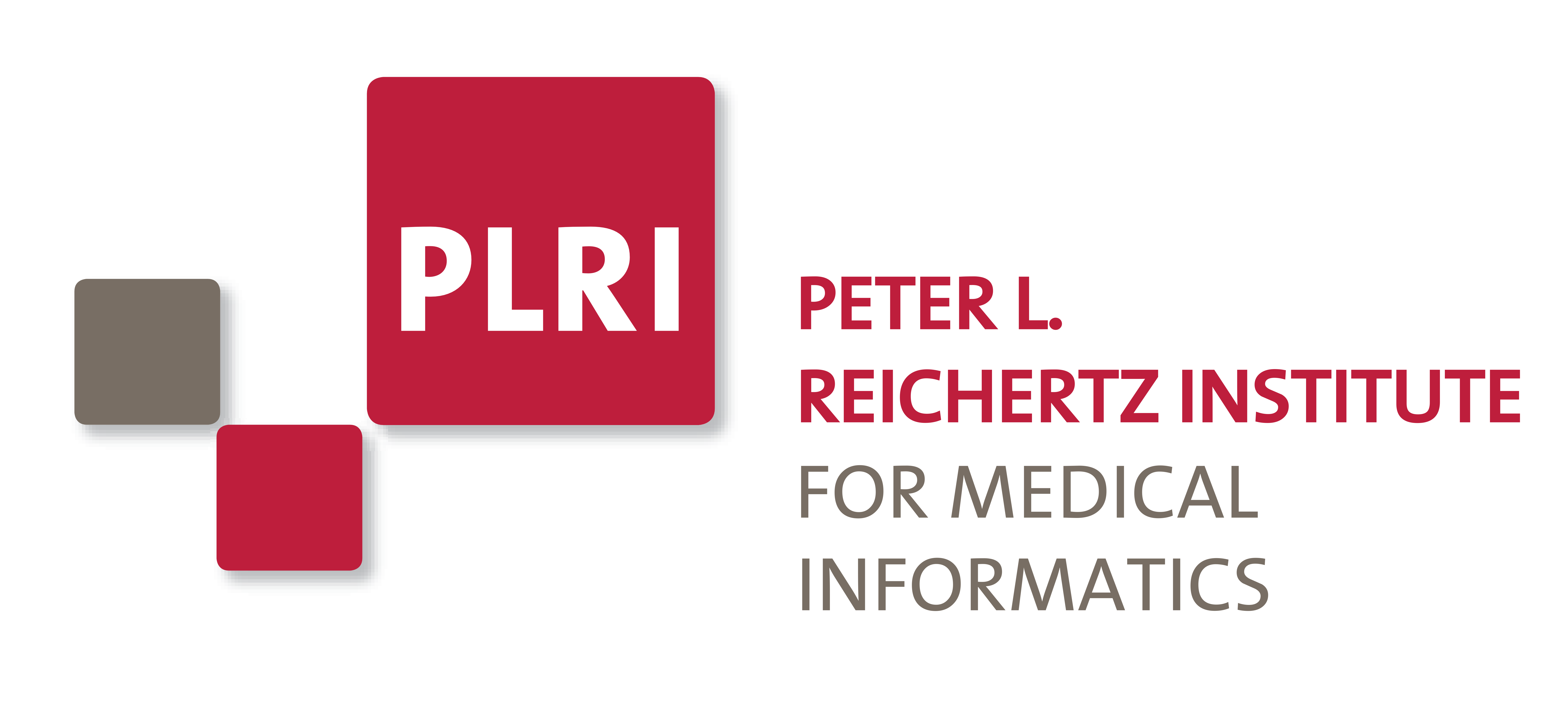iXplain_CDS
Interoperable and explainable clinical decision support
Project Lead
Funding
Federal Ministry of Education and Research
Summary
Digitization in medicine increases the availability of routine clinical data, which - if properly integrated, represented and analyzed - can translate into additional value beyond its original documentation purpose. One major challenge of medical informatics is to develop and evaluate systems that use such heterogeneous and high-dimensional data effectively and robustly for the benefit of patients, such as providing automated support for complex decision-making problems, which are an elementary part of medicine. The quality of decisions made by medical professionals is significantly influenced by the extent of their explicit and tacit knowledge, which often is very personalized.
Serious medical team using a laptop in a bright office
Other factors influencing medical decisions are high workloads and stressful situations, for example in intensive care units. Clinical decision support systems can assist medical professionals in specific decision-making tasks, such as diagnosis or treatment planning, as they can rapidly process large amounts of clinical (and non-clinical, e.g. patient-generated) data.
The explainability and interpretability of the calculated recommendations including comprehensibility of the underlying algorithmic logic are essential for the trust in and acceptance of such decision support. The Junior Research Group iXplain_CDS explores and develops clinical decision support systems that can be used across clinics due to their interoperable design and increase the resilience of predictions and the trust of physicians and patients by providing explanatory components.
Initial use cases will focus on assisting pediatric neuroradiologists with assessing brain maturity based on magnetic resonance images and the prediction of severity of COVID-19 infections.
Additional information can be found here.
Duration
04.2022-03.2027
Staff
- Staff: team/steffen-oeltze-jafra
- Dominik Wolff
- Juliane Schneider
- Adrian Schulz
- Team/sarah-nee Additional:





